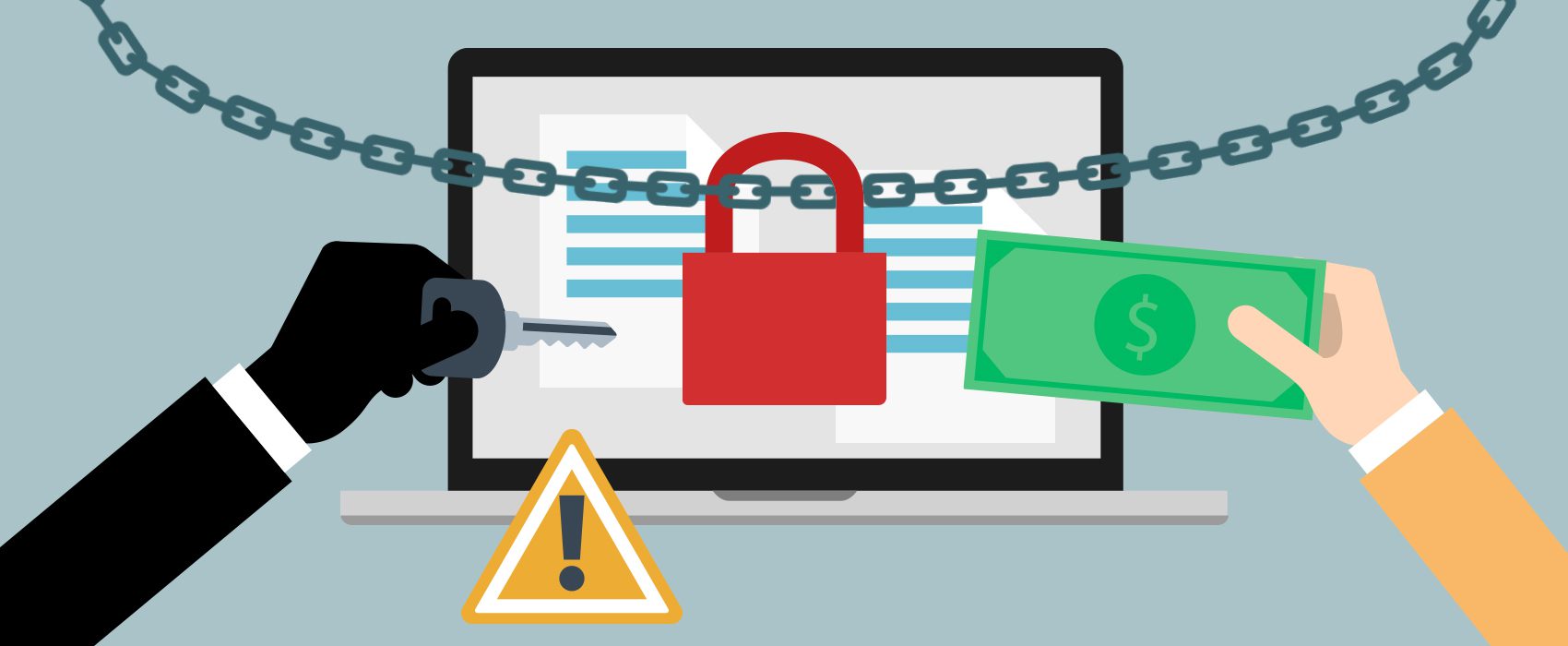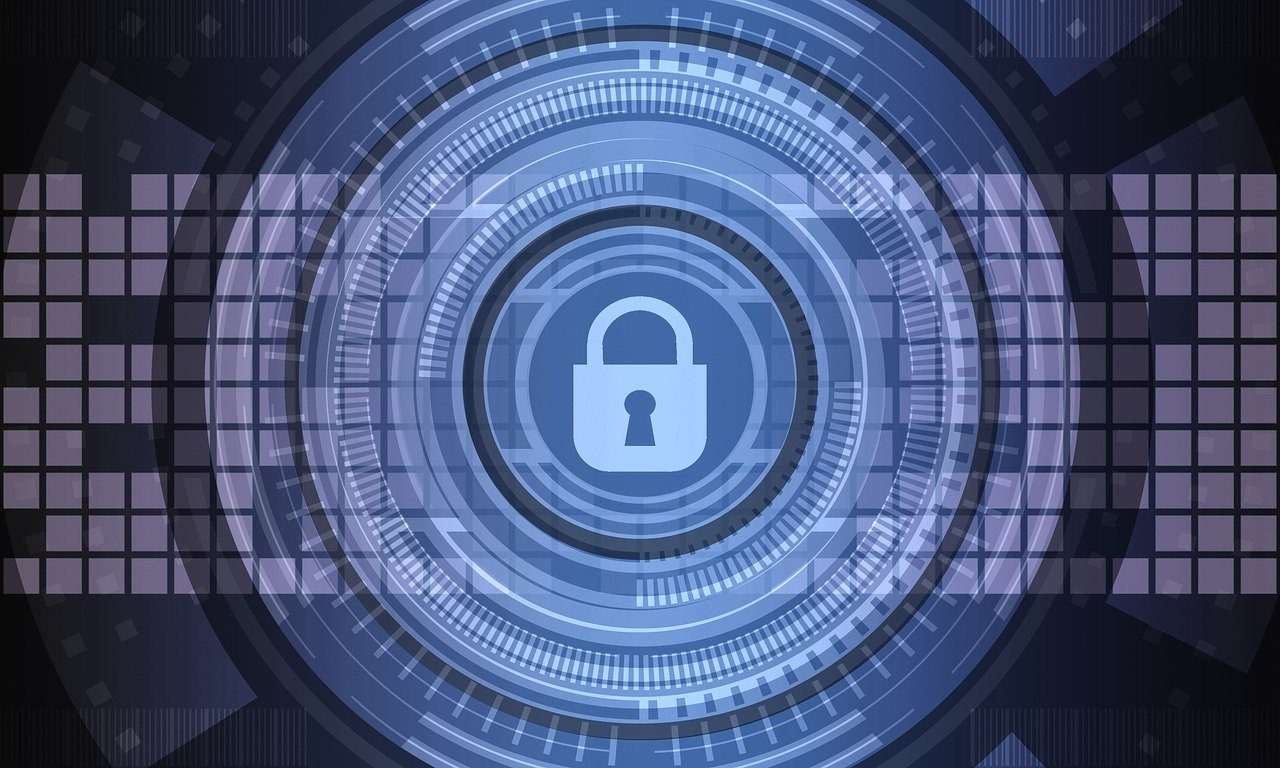The days when only big businesses and large corporations needed to be vigilant with cybersecurity are long gone. Many times, small businesses and individuals labor under the misguided assumption that they don’t need to be cautious because they have little to nothing to protect.

While the payoff of hacking small businesses and individuals may be smaller, it’s also significantly easier. Think of it as the difference between a bank and your personal wallet, purse, or small valuables. Just because you may not have as much in your wallet as a bank might have in its vaults doesn’t make you less of a target. the payoff may be smaller, but the security is also much laxer.
Here are the top 10 cybersecurity threats that even individuals and small businesses should be wary of.
1. Government Espionage
There is little doubt that privacy in America is soon to be a thing of the past, but the most shocking aspect is that it might actually be the government doing the snooping, prying, and digging. Where privacy laws were once in favor of citizens, recent world events have shifted the balance of power. Hackers, thieves, and criminals may soon not be your biggest concerns, but your own government.
2. Ransomware
Another threat that used to be reserved largely for big corporations and larger entities may soon be coming to a device near you. While ransomware has traditionally been used to lock big businesses out of their servers and even threaten government shutdowns, as early as 2016, a trojan known as SimpleLocker was able to target individual Android devices.
2017 even saw the rise of ransomware-as-a-service with the arrival of Cerber. While it may only cost $100 or less to get your phone unlocked, versus millions demanded of big businesses, it’s better to protect yourself in the first place.
3. Cryptocurrencies
Anything of value is eventually going to attract the attention of thieves and robbers and cryptocurrencies are no exception. Unlike cash, gold, or other valuables, cryptocurrencies legitimately only exist digitally, which also makes them digitally vulnerable. With more and more people switching to cryptocurrencies, the importance of protecting yourself digitally also increases.
4. Service Providers
Many people rely almost solely on the security provided by their service provider to protect their data. Unfortunately, your service provider itself may be vulnerable. Not only can service providers be forced to cooperate with government espionage, but they can also be susceptible to bribery or other physical means of gaining access to your information.
5. IoT Devices
A recent Gartner report estimated that there would be upwards of 20 billion connected devices by 2020. All of these connected devices are gathering a significant amount of data about you, much of which may not be fully secure.
This is exacerbated by the fact that currently, the maker of the device owns the data, not you. While this may change soon due to increased pressure on legislators, at the moment any intel a connected device gathers about you doesn’t belong to you.
6. Mobile Threats
Mobile devices were once significantly more secure than laptops and desktop computers simply because of the nature of cellular networks versus WiFi. Today, all of that is changing, particularly in light of how often mobile devices are connected to WiFi rather than cell services.
In addition, thousands of threats have been delivered in the last few years via downloadable apps from the Google Play store.
7. Cyberbullying
Cyberbullying is no longer just a threat to teenagers. Cyberbullying can also disrupt and dismantle entire businesses thanks to the ease with which almost anyone can conduct an online smear campaign. In order to take down a business, an individual user needs to get the attention of a newspaper, magazine, or other news outlets. Now, thanks to online reviews and social media, anyone has a platform to destroy your business.
8. AI
Like guns, drugs, knives, or any other potential threat, what can be used to help can also be used to harm in the wrong hands. While AI is aiding both cybersecurity firms as well as law enforcement to predict attacks and methods of attack, it can also be used by hackers, thieves, and other criminals to thwart law enforcement and security efforts.
AI and machine learning can be used to study habits and patterns to make stunningly accurate predictions. It’s not hard to understand how that could be used just as easily for evil as for good.
9. Spear Phishing
Most people are aware by now of the concept of phishing and are wary of clicking on links or downloading attachments. And yet, over 91% of cyber attacks still start with a phishing email. Spear phishing takes regular phishing to the next level by targeting specific individuals with very specific emails.
Instead of getting a random email from a moderately valid source, spear phishing emails are tailored specifically for the individual receiving them and appear to be from a valid and trusted source – such as your boss or a coworker. You can read more now about spear phishing here.
10. Exploit Kits
Exploit kits are programs that can test your system for vulnerabilities to determine how to best attack it. They are sometimes downloaded via phishing scams and other times they can be disguised as advertisements on the pages of even the most legitimate businesses.
Exploit kits can also filter for certain things to determine the value of a certain target, such as the country of origin and the amount of traffic. Once it determines a prime target, an exploit kit can be used to deliver ransomware, a banking trojan, or other types of malware.
In the same way, an individual walking down the street is still vulnerable to being robbed or mugged, individuals are now just as vulnerable to different types of cybercrime. That means it is now just as important for individuals and even the smallest of businesses to protect themselves online the same way big businesses and corporations need to.








